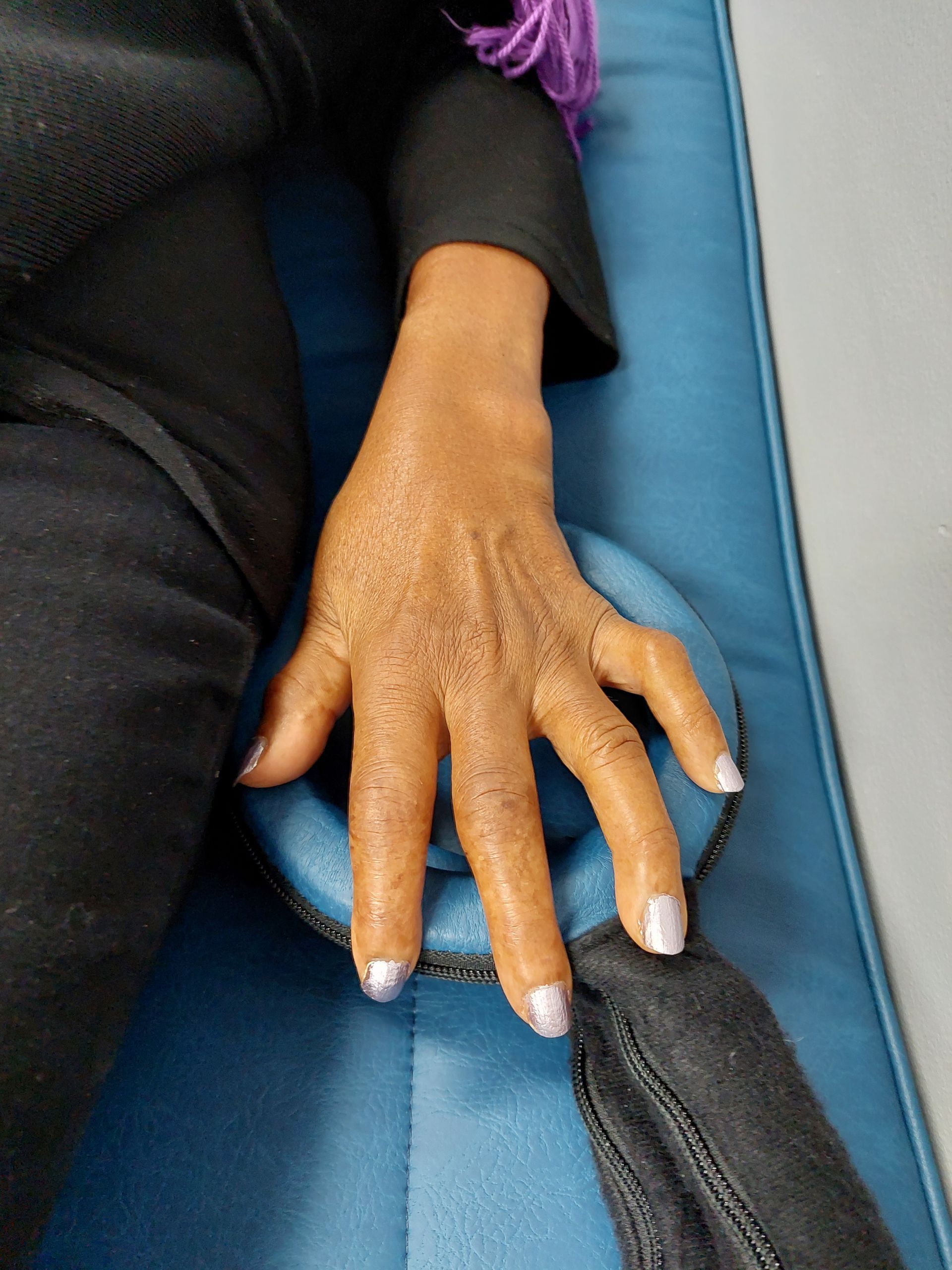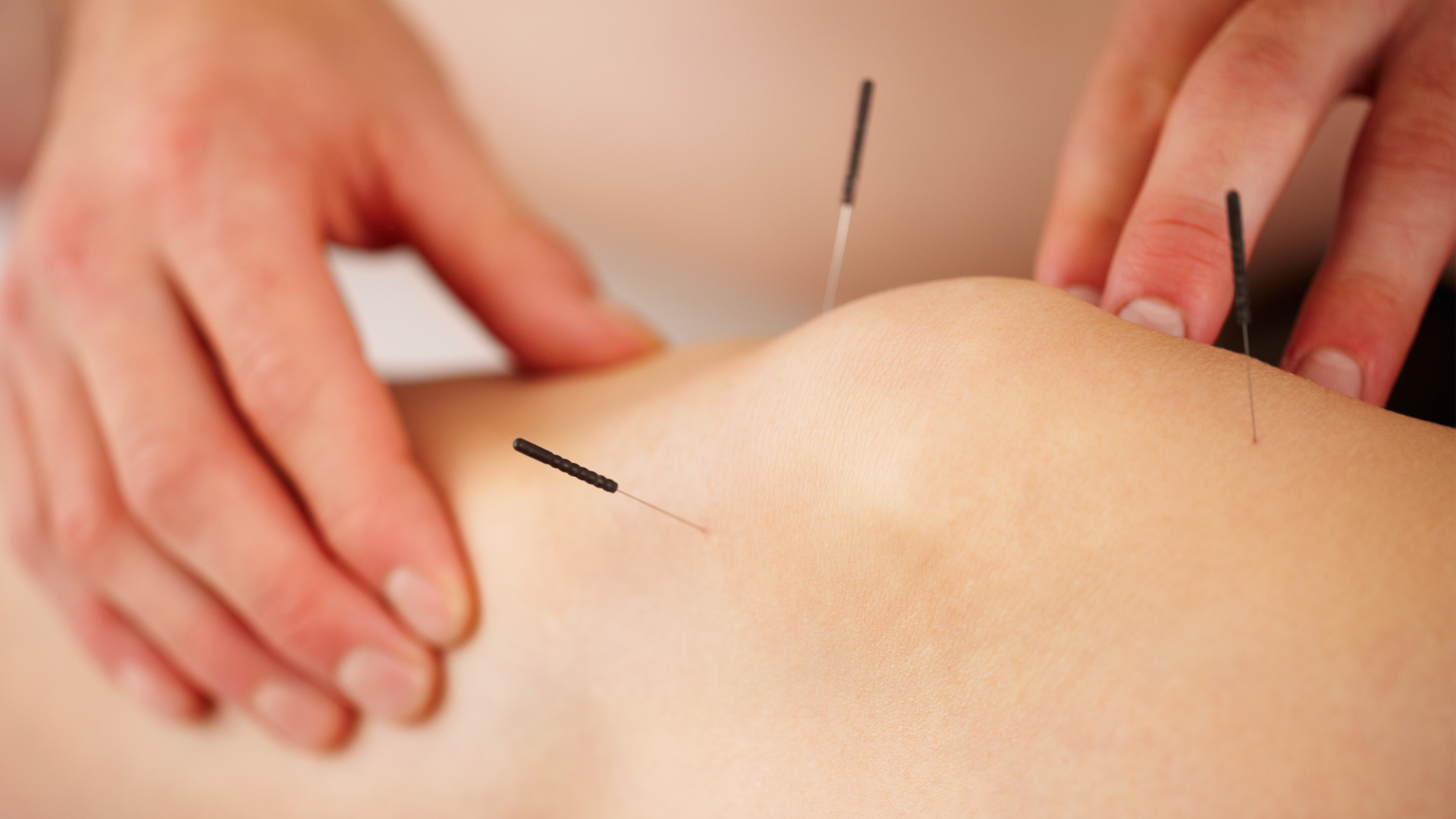Nutritional Response Testing and Parkinson’s Disease
Nutritional Response Testing (NRT) is a non-invasive, holistic approach to healthcare that aims to identify underlying imbalances in the body and create a personalized nutritional program to promote optimal health. NRT has been gaining popularity as a complementary therapy for a range of chronic conditions, including Parkinson's disease.
What is Parkinson’s Disease?
PD is a progressive neurodegenerative disorder that affects movement and can cause a range of other symptoms, such as tremors, stiffness, and balance problems.
Potential Benefits of NRT for Parkinson's Disease
Research has suggested that a number of factors contribute to the development of Parkinson's disease, including oxidative stress, inflammation, mitochondrial dysfunction, and genetic susceptibility.
NRT can be used to identify nutritional deficiencies, food sensitivities, and environmental toxins that may be contributing to these underlying imbalances. By addressing these imbalances through dietary and lifestyle interventions, NRT may offer a complementary approach to conventional treatments for Parkinson’s disease.
One study published in the Journal of Alternative and Complementary Medicine investigated the effects of a 12-week nutritional program, which included NRT, on the symptoms of Parkinson’s disease. The study enrolled 23 patients with Parkinson’s disease and randomized them into two groups. The treatment group received the 12-week nutritional program, while the control group received usual care. The study found that the treatment group had a significant improvement in the total score on the Unified Parkinson's Disease Rating Scale (UPDRS), a tool used to measure the severity of PD symptoms. The treatment group also showed improvements in other measures of PD, such as gait, balance, and tremors.
Another study published in the Journal of Nutritional Medicine investigated the effects of a personalized nutritional program, which included NRT, on the symptoms of Parkinson’s disease. The study enrolled 15 patients with Parkinson’s disease and provided them with a personalized nutritional program based on NRT findings. The program included dietary interventions, such as reducing processed foods, increasing consumption of antioxidant-rich foods, and avoiding foods that the patients were found to be sensitive to. The study found that the personalized nutritional program led to significant improvements in the UPDRS scores and other measures of Parkinson’s disease, such as rigidity, bradykinesia, and tremors.
NRT may also be used to identify and address nutrient deficiencies that are commonly associated with Parkinson’s disease. For example, research has suggested that Parkinson’s disease patients may have lower levels of vitamin D, magnesium, and omega-3 fatty acids, which can have a negative impact on their symptoms. NRT can be used to identify these deficiencies and create a personalized nutritional program that includes foods and supplements to address these deficiencies.
In addition to addressing nutritional imbalances, NRT may also be used to identify and address environmental toxins that can contribute to the development and progression of Parkinson’s disease. Research has suggested that exposure to environmental toxins, such as pesticides and heavy metals, can increase the risk of PD. NRT can be used to identify these toxins and create a personalized program that includes dietary interventions and detoxification strategies to reduce exposure and promote detoxification.
It is important to note that NRT is not a standalone treatment for Parkinson’s disease, and should be used in conjunction with conventional treatments, such as medication and physical therapy. However, by addressing underlying imbalances and promoting optimal nutrition and lifestyle, NRT may offer a complementary approach to conventional treatments and improve the overall management of Parkinson’s disease. Further research is needed to fully understand the potential benefits of NRT for Parkinson’s disease, but the available evidence suggests that it may be a promising integrative approach.
Call Us
If you or someone you know is suffering from Parkinson's disease, NRT may be a viable option for reducing symptoms and improving quality of life. Book an appointment today with Dr. Gayle Peltz at Blue Q Health and Wellness by calling 727-530-7778 to learn more about how NRT can help manage Parkinson's disease.
References:
- Muller T, Welnic J, Muhlack S. Progress in the drug treatment of Parkinson's disease. Neuropsychiatr Dis Treat. 2010;6:progress in the drug treatment of Parkinson's disease. doi:10.2147/ndt.s6690
- Kim C, Choi H, Kim J, et al. Ameliorative Effects of Pulsed Electromagnetic Field Exposure on Parkinson's Disease-induced Behavioral Deficits and Alterations in Synaptic Markers in Male Albino Mice. J Phys Ther Sci. 2014;26(9):1449-1452. doi:10.1589/jpts.26.1449
- Roschek B Jr, Fink RC, McMichael M, Alberte RS. Nrf2-driven SKN-1/Nrf signaling mediates pulsed electromagnetic field (PEMF) protection against oxidative stress and cell death in Caenorhabditis elegans. J Cell Physiol. 2018;233(11):8560-8570. doi:10.1002/jcp.26811
- Hashemi K, Arab-Tehrany E, Haddadi-Asl V, et al. Pulsed Electromagnetic Fields for Parkinson's Disease: A Systematic Review of Randomized Controlled Trials. Adv Biomed Res. 2019;8:73. doi:10.4103/abr.abr_106_19
- Nelson F, et al. The use of biofield therapies in Parkinson's disease. Int J Neurosci. 2014;124(11):768-78. doi: 10.3109/00207454.2014.896212.
- Medici A, Nigro P, Greco A, et al. Nutraceuticals and Bioactive Compounds: A Potential Strategy for Improving the Microenvironment of Parkinson's Disease in Combination Therapy. Oxid Med Cell Longev. 2021;2021:6670473. doi:10.1155/2021/6670473
- Kones R. Parkinson's Disease: Mitochondrial Molecular Pathology, Inflammation, Statins, and Therapeutic Neuroprotective Nutrition. Nutr Clin Pract. 2010;25(4):371-389. doi:10.1177/0884533610373932











